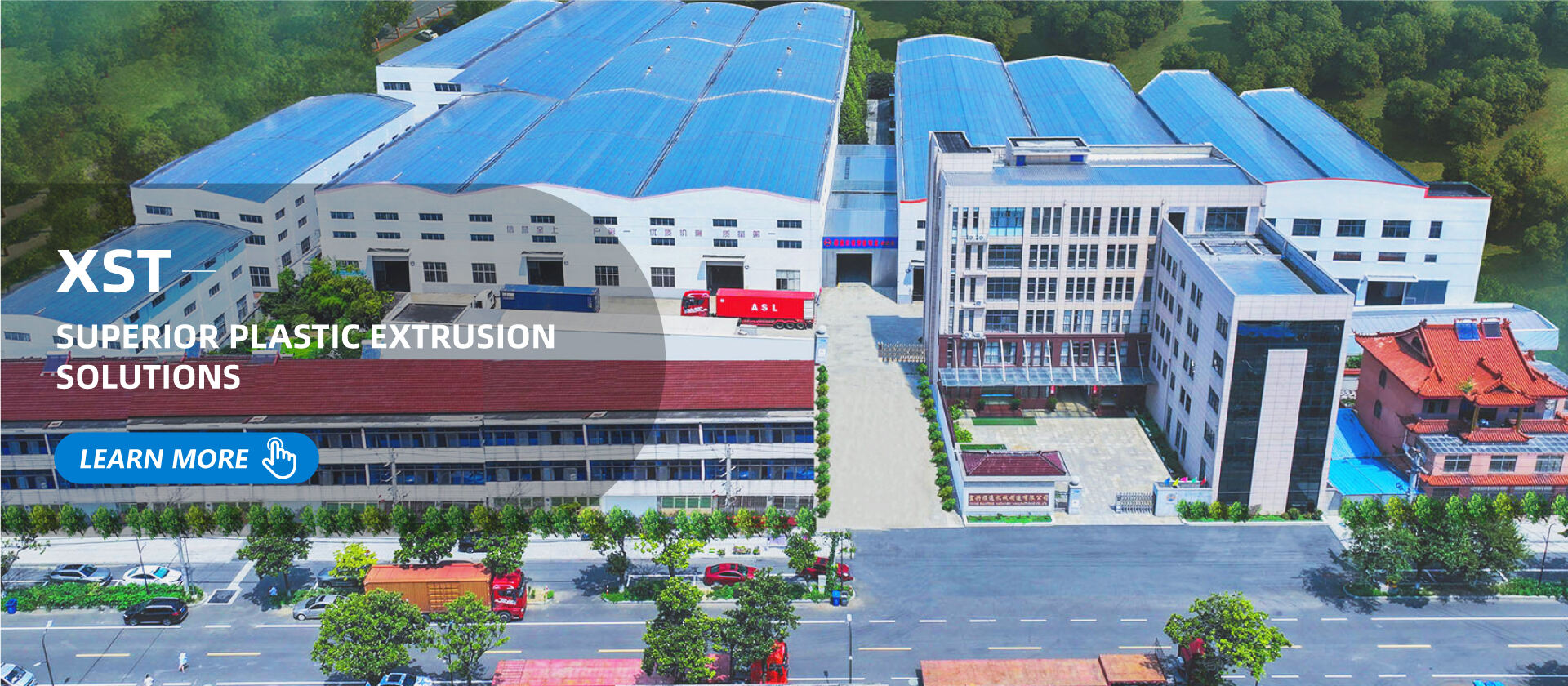Stretch Film Making Machine: Powering Customized, Efficient Packaging Solutions Across Core Sectors
In the logistics and e-commerce packaging industry, the stretch film making machine has become an irreplaceable asset, driven by the explosive growth of global shipping and online retail. It can produce stretch films of varying thicknesses (5-30μm), widths (500-2000mm), and elasticity levels—perfect for pallet wrapping, carton reinforcement, and individual product protection. Unlike off-the-shelf stretch films that may not fit specific pallet sizes or load weights, machines allow logistics companies and e-commerce warehouses to create tailored films: thicker films for heavy industrial goods (e.g., machinery parts) and thinner, high-elastic films for lightweight consumer goods (e.g., electronics, apparel). This customization reduces material waste by 15-20% and lowers shipping damage rates, directly cutting costs for businesses handling millions of packages yearly. As e-commerce sales continue to grow at 10-15% annually, the demand for on-site or nearby stretch film production (via these machines) will keep rising.
Within the food, beverage, and pharmaceutical manufacturing sectors, the stretch film making machine addresses strict safety and functional requirements that generic packaging often fails to meet. It can produce food-grade stretch films (compliant with FDA or EU food contact standards) for wrapping fresh produce, dairy products, or baked goods—preventing contamination and extending shelf life. For pharmaceuticals, it enables the production of anti-static, dust-proof stretch films that protect sensitive medical devices (e.g., syringes, monitors) during in-plant storage and distribution. Additionally, the machine’s ability to integrate UV-resistant layers helps beverage manufacturers preserve bottled products (e.g., craft beer, juice) during outdoor loading and unloading. As these industries tighten quality controls, the need for specialized stretch films made on-demand will drive machine adoption.
For small and medium-sized enterprises (SMEs) and regional packaging suppliers, the stretch film making machine unlocks cost-saving and flexible production opportunities that were once exclusive to large corporations. Modern compact models require less floor space (as little as 10-15㎡) and lower initial investment, letting SMEs produce stretch film in-house instead of relying on third-party suppliers—cutting procurement costs by 25-30% and eliminating delivery delays. Regional suppliers, meanwhile, can use the machine to cater to local niche needs: for example, producing printed stretch films with local brand logos for agricultural cooperatives (wrapping fruits/vegetables) or puncture-resistant films for auto repair shops (wrapping tools). As SMEs prioritize supply chain independence and regional markets demand personalized packaging, the stretch film making machine’s adaptability makes it a high-growth investment.

